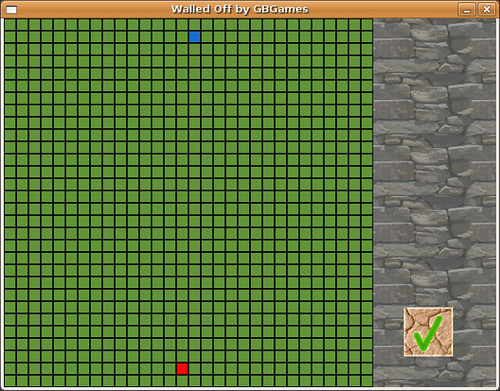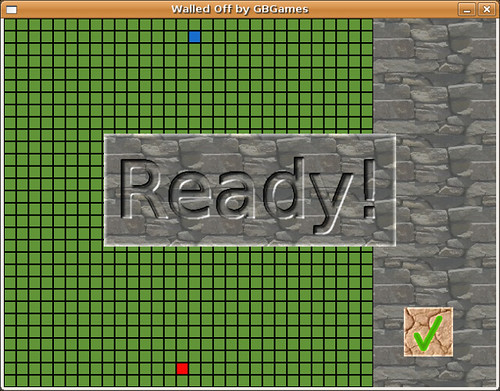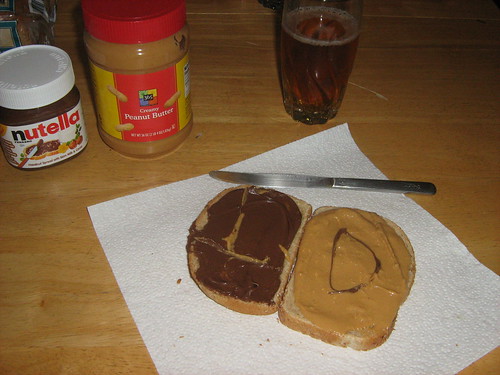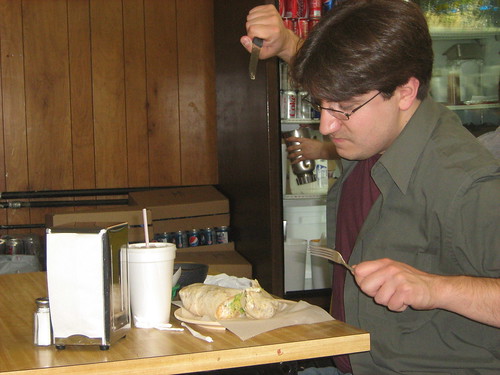I am participating in the Blogs of the Round Table for the first time in many months. May’s topic:
A Game Is Worth a Thousand Words: What would one of your favorite pieces of non-interactive art look like if it had been created as a game first? May’s topic challenges you to imagine that the artist had been a game designer and supersede the source artwork–whether it be a painting, a sculpture, an installation, or any other piece that can be appreciated in a primarily visual way–to imagine a game that might have tried to communicate the same themes, the same message, to its audience.
A tall order! And yet I enjoyed doing the research for this one. The topic reminded me of The Cavern from Plowing the Dark, which was a virtual reality room. The artist was tasked with making the technology appealing, and she filled the room with virtual reality versions of famous paintings such as Rousseau’s The Dream. And yet, merely walking through a painting didn’t seem to do enough, as cool as it sounded.
Choosing My Art
I could have chosen any non-interactive art from any medium, but I decided to stick with paintings. The problem with reimagining a painting in game form is that I first had to know what the original painting was meant to be seen as. For instance, van Gogh’s Starry Night, a hallmark of freshman female dorm rooms on college campuses everywhere, would be fascinating to see as a game, except my research indicated that no one actually knows what it is supposed to signify or mean. Other paintings were made simply to be visually pleasing, and perhaps if I gave much more thought to it I could find a way to make a game that captures the essence of beauty, but I felt that it would be relatively shallow. I wanted to find a painting with meaning, something that asked the viewer to study it, and in a way, did most of the job of interactivity on its own.
I found something of it in a memory. When I was a child, I went to a Catholic grade school. One of the priests had the opportunity to go to Italy, and he had a projection slide show of some of the things he saw while there. I don’t remember much, and I don’t remember anyone saying what we were looking at, but I do remember seeing a portion of a large painting. This painting had a man, naked, covering part of his face with one hand, while cowering in an attempt to hide the rest of his body. I remember the priest making a point of noting how ashamed this person was. It made quite an impression on me.
With that, I did a search online. Was it a painting of Hell? I found some interesting ones, but nothing resembled what I remembered. Maybe it was Judgement Day? Besides finding a few Terminator references, I found quite a few artists did paintings of it. But then I found it: Michaelangelo’s The Last Judgment in the Sistine Chapel.
Wikipedia has a very large resolution image of the painting, so feel free to check it out. The figure I remembered is near the bottom right of the painting:
Ok, I had a painting. What was it trying to convey to the people who would see it? I did some reading, and there was much to be made about the colors or the composition or how it relates to the ceiling. What really inspired me to want to see the painting for myself one day is this wonderful article called The Terror of Salvation: The Last Judgement.
The painting is called The Last Judgement, but its focus is more upon the resurrection of the body at the end of time. There is also the idea that judgment is not a simple matter of Jesus and God counting your sins and deciding where you go. Michaelangelo was a student of Dante, who looked at salvation and damnation as human choices. Judgment is personal and internal, not imposed upon by the Deity. God simply allowed you to make your judgment. Sin wasn’t a quantity of actions. It was a state of the soul.
Designing It As a Game
There are quite a few places I could take The Last Judgment: The Game. While I would ideally have the setting be similar to the painting, I felt it was too limiting. The painting works because everyone understands that they aren’t being judged based on a single point in time. Each person has lived a life of choices before seeing the painting. It’s very powerful because people bring their personal history with them when they see it.
Therefore, Michaelangelo’s game wouldn’t start at Judgment Day. It would start at birth.
Initially, others would be making decisions for you, but as you get older, you become more capable of thinking for yourself. There wouldn’t be a need for a “sin meter” or HUD. Through your own knowledge of your actions, you should be aware of the state of your soul.
Each day in game time might be representative of a year. Perhaps one day you are poor, and you have the opportunity to steal some food. Do you? Perhaps another day you are lonely. Do you take comfort with a local prostitute?
Some choices aren’t quite so obvious or clear-cut. Do you make fast friends with some of nefarious elements in your society? Do you become a bad influence on someone else? Do you steal bread for someone who is hungry? Do you stay at home when you could be productive? If someone strikes you, do you strike back? Do you lie to protect a friend from a bully? Do you lend a panhandler money, not knowing what he is going to use it for? Do you destroy a group of small houses that have been there for decades to make room for a large condominium that can bring in more money to the community?
Essentially, the game is about making decisions. Perhaps circumstances might be different for each play session, but the choices are always in the player’s control. Based on those decisions, of course, your life and the lives of those around you are affected. Perhaps you live a life of luxury, but depending on how you got there, you might have few friends, many enemies, and a lot of debt. Perhaps you give away all of your earnings, but because you never save any for yourself, your capability to earn and therefore give is limited. Perhaps in an effort to avoid committing sinful acts, you lock yourself in your room, but by doing so you waste your potential as a human being.
At the end of the player’s life, it is Judgment Day. An angel shows you a book, detailing the decisions you made. Jesus stands before you, and he waits for you to decide whether you have lived a life worthy of salvation or whether your actions clearly showed a desire for damnation.
That’s It?
That’s it. The idea behind the game is to allow the player the chance to explore a life of different choices. Judgment Day is not simply a matter of counting up what you think are the wrong actions and subtracting them from the number of right actions in the hopes that you came out to a positive goodness rating. It would be more introspective, more personal. Jesus isn’t angry or pleased to see you. He isn’t going to send you to Hell. You are.
Couldn’t the player lead an evil life and then decide to be saved anyway? Yes, and the game wouldn’t stop them. The game doesn’t deal with the aftermath of your decision. If you choose to sin your way to Judgment Day and simply think you can click on the “Salvation” button, sure, you could complain that the game is broken. Another way of looking at it: you’ve missed the point. Judgment Day is yours to take seriously. The game isn’t going to enforce it for you any more than God is. Read the account of your life that the angel is showing you. The game would keep track of choices, including omissions, as well as telling you about the other people in your life and how your actions affected them. Recognize that the choices you make color who you are, and that you, faced with the knowledge of all of your decisions, get to decide whether such a life makes you worthy of salvation.
If Art Was a Game
I really enjoyed the challenge of this month’s topic. Another painting I wanted to make a game out of was Nighthawks at the suggestion of a good friend of mine. Making a game about the emptiness or loneliness of modern urban life is something I hope another Round Table blog takes up before May is over.












